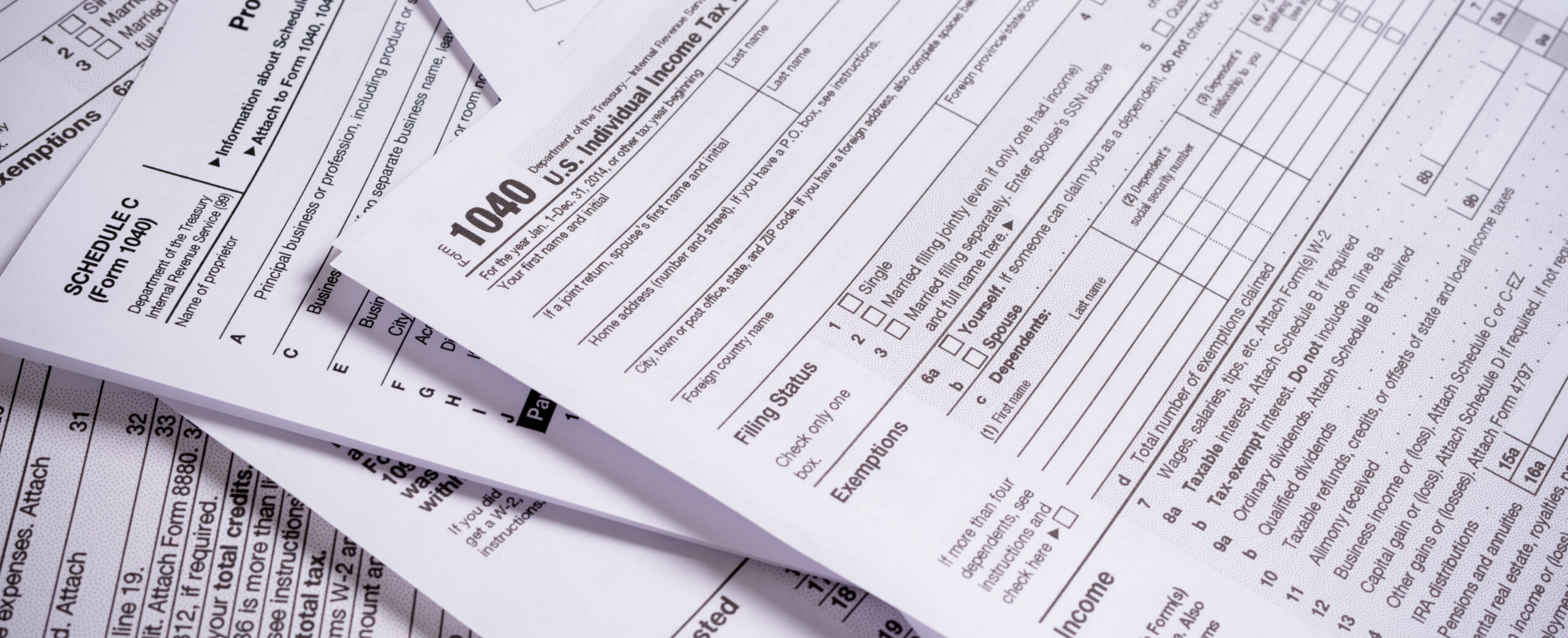Do I Have to Pay Taxes on My Personal Injury Settlement?
Wondering 'do you pay taxes on settlements?' You aren't alone. Personal injury clients are right to ask: "Do I have to pay taxes on my settlement?" But navigating the IRS Tax Code is a headache for everyone, even tax attorneys and accountants. While the general answer to these questions is YES, the reality is the answer is much more complex. So, how much taxes do you pay on lawsuit settlements? Let's dive in.
When Are Personal Injury Settlements Taxable?
The IRS and U.S. tax code offer specific exceptions. In most scenarios, personal injury awards are tax-free. In others, they're taxable, and sometimes they may be partially taxable. This article aims to untangle this complex web. If you are wondering "how much taxes you pay on lawsuit settlements" or "how to avoid paying taxes on a lawsuit settlement", you've come to the right place. Our experienced attorneys can help clarify the tax implications of your settlement.
What Will the IRS NOT Tax?
As a general rule, compensatory damages are not taxable. These non-taxable damages include the following:
1. Physical Injuries & Sickness
A personal injury award for "physical injuries" or "physical sickness" is non-taxable, generally. If you receive any compensation for any medical expenses that you incurred as a result of the injury or sickness, this money is not taxable. It is assumed that this is money that you have already spent restoring your health and thus, it has already been taxed. If, however, you took an itemized deduction for your medical expenses related to the injury or sickness, a portion of your award will be taxable.
2. Emotional Distress Or Mental Anguish
So, is emotional distress settlement taxable? Generally, no. "Emotional distress" and "mental anguish" are tax code phrases that are not common in the personal injury world. This is known as "pain and suffering." Awards for pain and suffering are non-taxable. This includes:
- Interference with normal living
- Interference with enjoyment of life
- Loss of capacity to labor and earn money
- Impairment of bodily health and vigor
- The fear of extent of injury
- Shock of impact
- Actual pain and suffering, past and future
- Mental anguish, past and future
3. Property Damage Or Loss-In-Value
Property damage awards for repairs, replacement, or loss-in-value that are less than the adjusted basis of your property are non-taxable. If the award exceeds your adjusted basis in the property, then the excess income is taxable.
What WILL the IRS Tax?
If you received any kind of tax benefit or wrote off certain expenses related to a personal injury case, then you must pay taxes on the portion of the award that compensated you for those out-of-pocket expenses. The IRS cannot tax anyone twice for the same money, but on the same token, you cannot claim a tax exemption twice on the same money.
Taxable damages include the following:
A. Lost Wages Or Lost Profits
So, is a personal injury settlement considered income when it comes to lost wages? Only the portion of the proceeds that is for lost wages is taxable. These damages are taxable since you would have been tax had you earned wages by working. Since your award is untaxed, the IRS will then want their cut. This means the lost wages portion of your award will be subject to the social security wage base and social security and Medicare tax rates in effect in the year paid.
B. Interest
Any interest on a settlement or award is taxable income. This is true, whether your attorney obtains post judgment interest on a verdict or interest based on the Unliquidated Damages Interest Act.
C. Punitive Damages
Punitive damages are awarded to punish the at-fault driver for their egregious conduct and to deter them from disregarding the safety of others. These damages are always taxed as income.
How Do I "Avoid" These Taxes?
If you are thinking 'how to avoid paying taxes on settlement money?' you're on the right track. An injury award may consist of several of the above elements. An award might even compensate a client for all of the above elements. Either way, a skilled attorney will know how to structure your settlement or verdict to avoid unwanted taxes. As long as the settlement documents or verdict form do not specify the amount of damages assigned to compensate a client, the IRS cannot assert a claim. A lump sum payment is often the best way to avoid the allocation of any taxable income in your settlement or award.
Talk to a Georgia Trial Attorney
Thinking about how to avoid paying taxes on lawsuit settlements? Georgia Trial Attorneys recover millions yearly for clients and provide guidance on lawsuit settlement tax implications.
If you have been injured by a reckless or negligent driver, just pick up the phone and dial 833-4TheWin. Every consultation is confidential and free. You have nothing to lose, but everything to gain.

